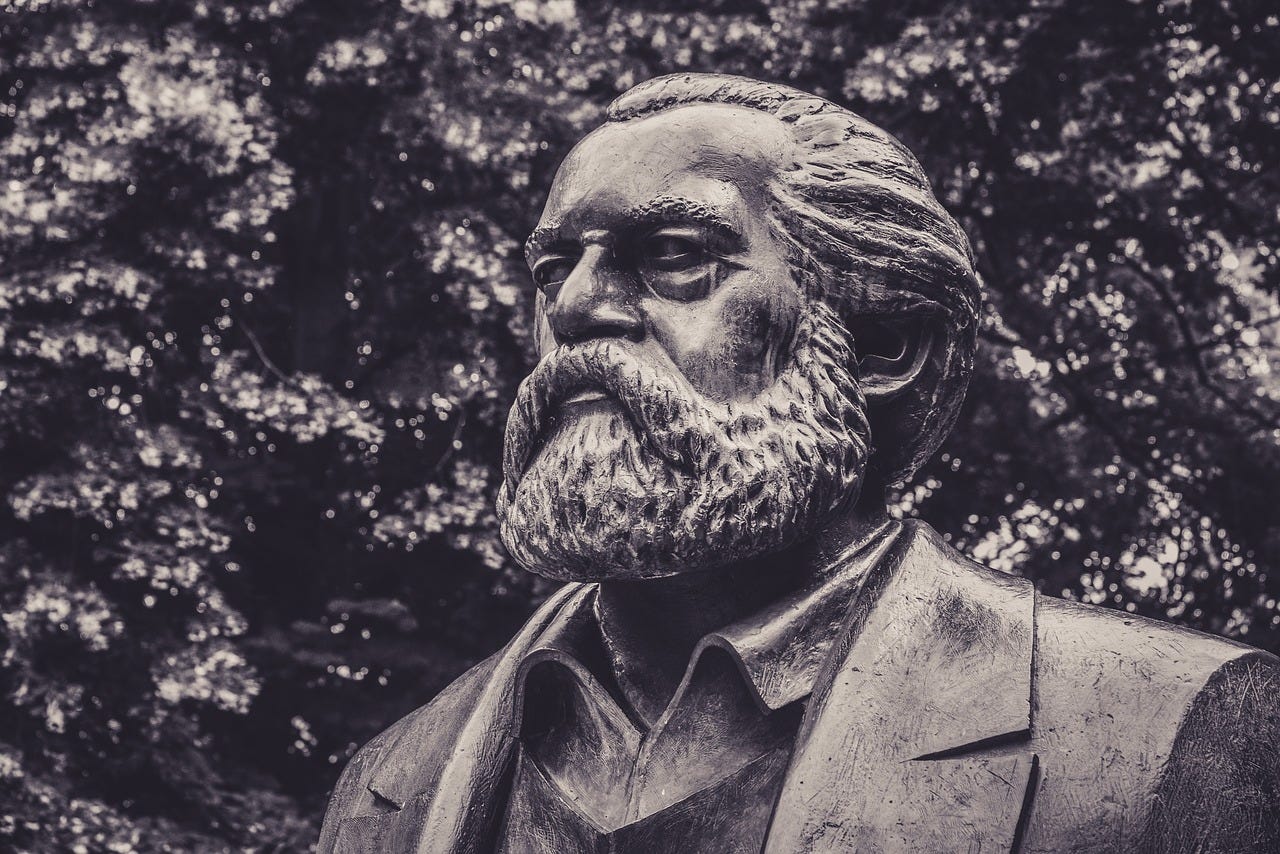Where Socialism Actually Succeeds
It’s true that socialism has failed everywhere as an economic system. But if its true ends are revolution, class struggle, and the triumph of materialism, it’s too early to label socialism a failure.
I’ve often pointed out that socialism has a 100 percent record of failure.
It failed most famously in the Soviet Union, where tens of millions were murdered and countless more were made prisoners by their own state, which used concrete walls, barbed wire, machine guns, and secrete police to keep the proletariat from fleeing the hell Marxists had created.
It failed in China, where Mao somehow managed to surpass Stalin’s butchery. It failed in Cuba, Cambodia, and Venezuela. A version of socialism even failed at Plymouth Rock two hundred years before Karl Marx, the devil himself, was born.
Yet Michael Knowles makes a chilling point in the foreword to Paul Kengor’s book The Devil and Karl Marx that I had never considered.
“…whether or not or not a system works depends on what it’s working toward,” Knowles writes. “Socialism strives to tear down traditional society. At that task, socialism has succeeded everywhere it has been tried, at least for a time. The problem with socialism isn’t its inefficiency; it’s the evil.”
We live, for worse, in an age in which morals and actions are primarily judged based on their utility.
I’ve always despised Utilitarianism—a philosophy pioneered by the English thinker Jeremy Bentham (1748-1832), among others. It’s not that I believe we shouldn’t consider outcomes when we consider our choices, actions, and policies; we should. Outcomes matter. As Milton Friedman famously said, we should judge polices by their results, not their intentions. But utility should not be the primary lens through which we view the world or make decisions, and I’ll explain why.
It seems to me that the ultimate end of Utilitarianism is people committing atrocities in the pursuit of the greater good. Leon Trotsky defended the murders of the Tsar’s children because it served the greater good: the triumph proletariat. Pol Pot ordered the murder of millions in the killing fields for the greater good of socialism. The lockdowns of 2020, arguably the greatest mass infringement of civil liberties in US history, were enforced for their alleged utility.
Which brings me back to Kengor’s book. The point Knowles (and Kengor) are making isn’t that socialism is a flawed theory advanced by well-meaning people. It’s an evil system devised by an evil man.
“Many of today’s naively self-described socialists and ‘democratic socialists’ have no idea of the rancid roots of this poisoned tree,” Kengor writes in his preface.
Most of us know (vaguely or acutely) the poisoned fruit of socialism: 100 million people murdered by communist governments, mass poverty, widespread government-orchestrated crime, and the collapse of liberty. Kengor is going beyond the poisoned fruits. He is exploring the rotten roots of the tree: Karl Marx.
I’ve long known Marx was a bad man. He was a lecherous husband who impregnated a servant. He was a racist and a drunk. He was a bad father, and an all around self-loathing creature.
But Kengor’s book explores Marx’s dark spirit (more on that next post). And as one draws closer to the portrait, which would make Dorian Grey blanche, one gets the dark suspicion that Knowles is right.
Socialism isn’t “failing” everywhere. It’s achieving exactly what its creator desired.
“Let the ruling classes tremble at a Communist revolution,” Marx famously wrote in The Communist Manifesto. “The proletarians have nothing to lose but their chains. They have a world to win.”
So yes, it’s true that socialism has failed everywhere as an economic system. But if its true ends are revolution and blood, class struggle and the triumph of materialism, then it’s far too early to label socialism a failure.






The best known utilitarian maxim is - the greatest good, for the greatest number. Remember even by that standard socialism fails.(We could also ask what is the greatest good for the greatest number and if it’s even possible to measure that). Also let me throw a bone to Marx, he may have been a bad guy but I think he really thought that socialism was going to usher in a better world.He was wrong. What’s more disturbing is people who actually see this in practice and still think it’s good.